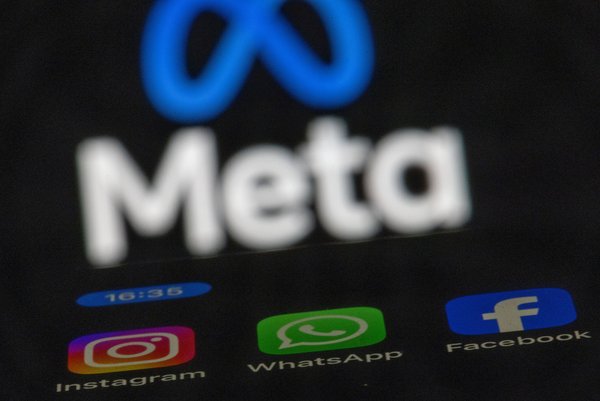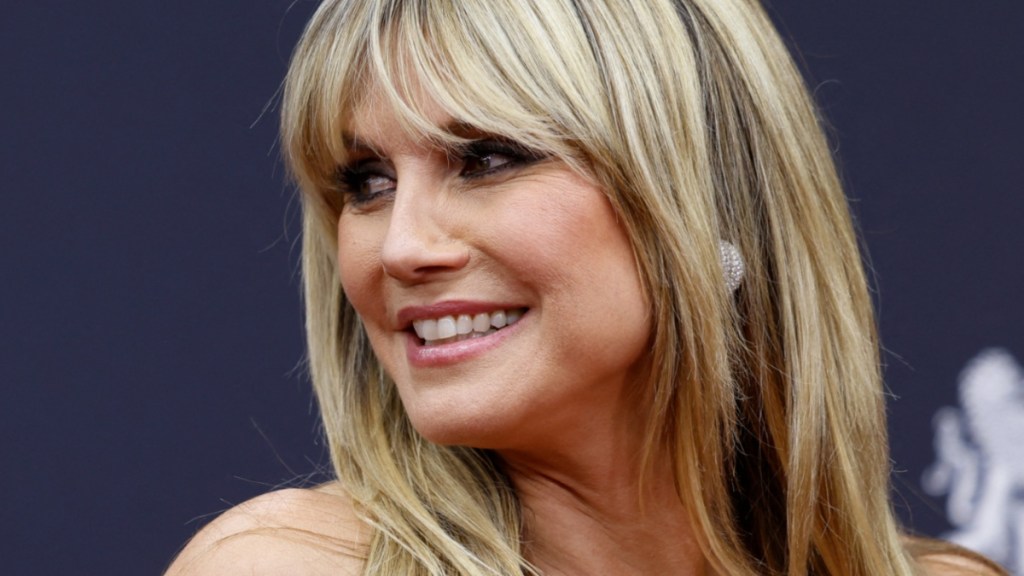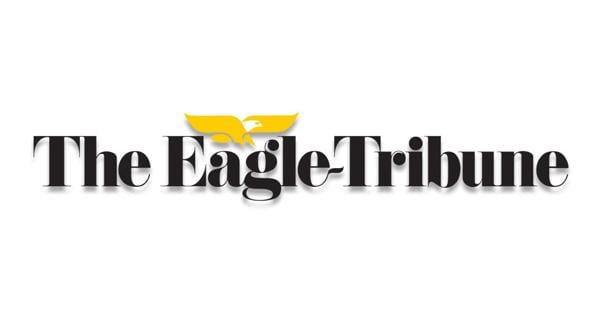Judge Rules in Favor of Meta, Upholding Instagram and WhatsApp Acquisitions

A federal judge has dismissed the Federal Trade Commission’s (FTC) attempts to reverse Meta’s acquisitions of Instagram and WhatsApp, concluding that the deals did not harm competition. This ruling, issued by Judge James Boasberg of the Washington, D.C. district court, marks a significant victory for Meta, which acquired Instagram in 2012 and WhatsApp in 2014.
The FTC had argued that Meta’s strategy involved a “buy or bury” approach, suggesting that the tech giant sought to eliminate competition by acquiring potential rivals. The agency pushed for the divestiture of Instagram and WhatsApp, claiming that such actions were necessary to restore competition in the market. However, the court found that the FTC failed to demonstrate that Meta currently holds monopoly power within the “personal social networking” sector or that these acquisitions had illegally maintained such a monopoly.
In court, Meta defended its position by emphasizing that it operates in a broader landscape of competition, highlighting the presence of rival platforms such as TikTok, YouTube, and X. The judge accepted this argument, acknowledging the competitive dynamics at play in the wider digital ecosystem.
With the favorable ruling, Meta has successfully navigated a major legal challenge that could have potentially reshaped its operations. As the company continues to invest in artificial intelligence and enhance its messaging capabilities, this decision alleviates a significant legal burden.
While the FTC retains the option to appeal the ruling, this case underscores the complexities involved in unwinding tech mergers long after they have been completed. The outcome reflects the ongoing evolution of regulatory approaches toward large technology firms and their market strategies.
As Meta moves forward, the implications of this ruling may influence not only the company’s future endeavors but also the broader landscape of digital competition and regulation.






